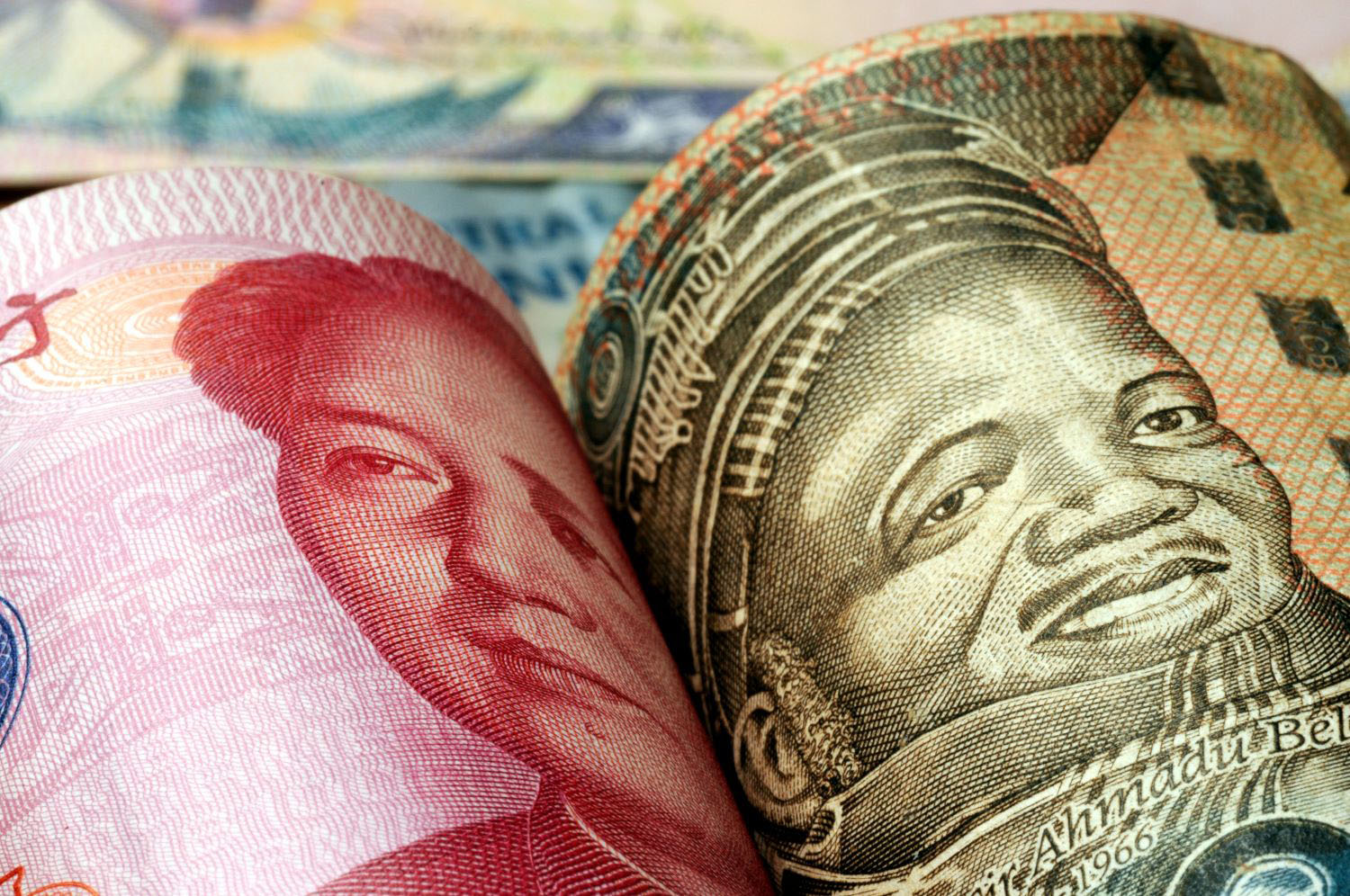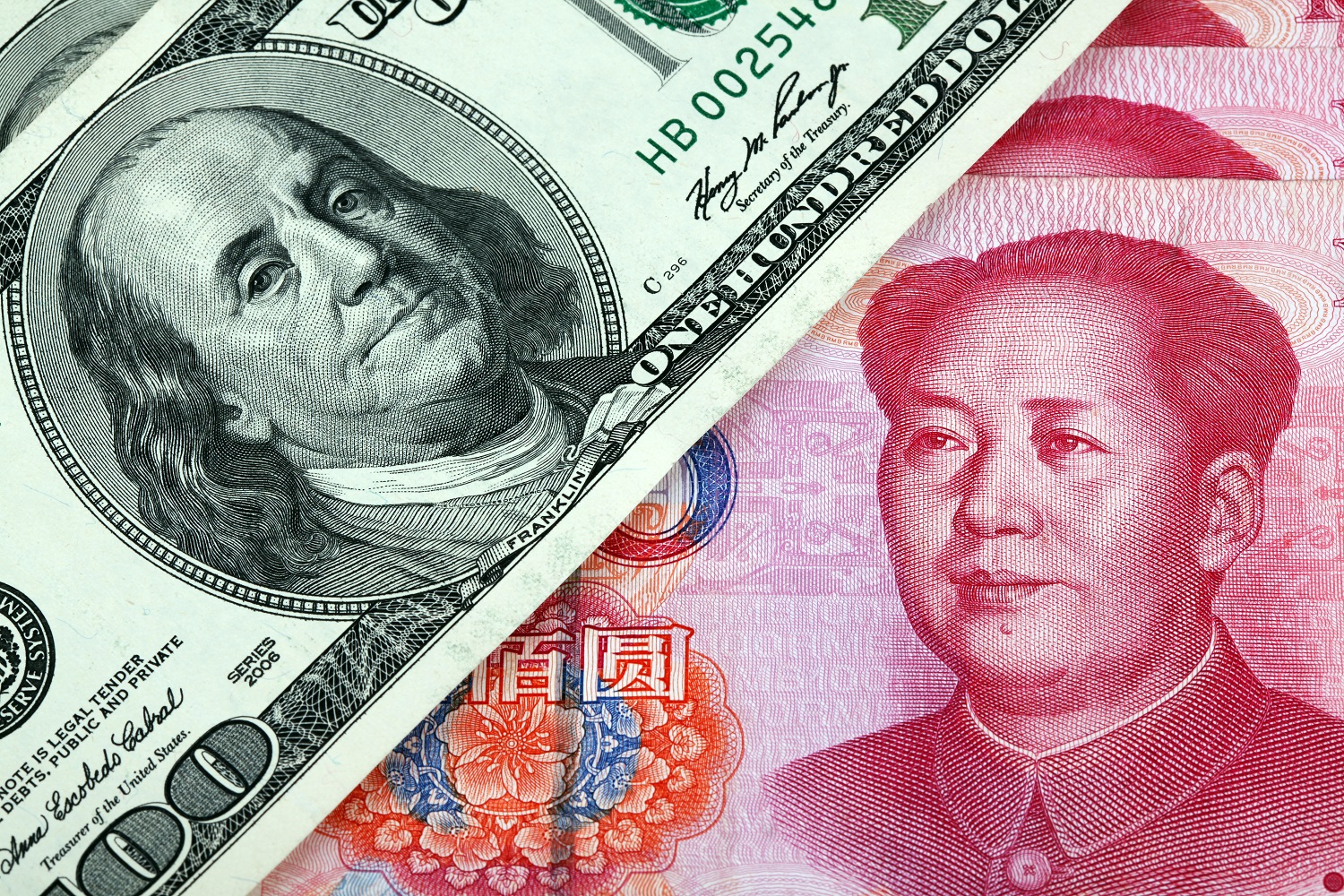“February 2021. It’s a cold blustery morning in Washington. The newly inaugurated president of the United States is on his way to the office of the Chinese managing director of the IMF to sign the agreement under which the IMF will provide 3 trillion dollars in emergency financing to the U.S. and the conditionality to which the U.S. will have to adhere.”
Sound like science fiction? To
Arvind Subramanian, a joint-fellow at the Peterson Institute and the Center for Global Development, it’s more like economic inevitability – a world in which the United States has no choice but to cede global leadership to China—and accept it’s terms, which in this imaginary case includes withdrawal from the Western Pacific. Arvind joins me on this week’s Wonkcast to explain the careful quantitative analysis that underpins that startling opening passage from his new book
Eclipse: Living in the Shadow of China’s Economic Dominance.Chinese rapid ascendancy is not a new story. Arvind takes a fresh look, devising an index of economic dominance that includes GDP, trade, and creditor-debtor status, and showing how these three factors have historically determined which countries are in a position to call the shots in global affairs.According to his calculations, the United States is a lot closer to falling behind than most people think. He describes the competition for global dominance as China’s to lose, rather than America’s. Even if the United States recovers soon from its current economic and political maladies, China’s huge population and rapid, sustained growth mean it will surpass the United States in all three measures of economic power by 2030—even assuming a substantial slowing of China’s blistering growth rate.“The U.S. seems to be declining economically, not just in a fiscal sense, but also in the sense that its growth prospects look somewhat dim,” says Arvind. “And in the context of this weakening, China controls the finance spigot…What power China has! That is the scenario which could play out, and the U.S. will have no choice but to comply with what China wants to do.”Arvind even daringly predicts the Chinese currency, the Yuan, which is not currently freely convertible, will be the world’s premier reserve currency within a decade. “Don’t look at me with that surprised expression,” he chides. “The fundamentals are all moving in China’s direction.”So, what would this mean for developing countries? Arvind notes that the developing world has benefited substantially from a relatively open trading and finance system, promoted and maintained by the United States. Would China continue with open global system or promote some other approach? How could China be encouraged to take into account the interests of other countries? Arvind’s answer: strengthened multilateralism.“There are a lot of elements here that developing countries need to be thinking about in terms of how to integrate China,” he says. “I think the world needs to have a multilateral approach in dealing with China, to tether her to the multilateral system as the best insurance against some future exercise of malign hegemony.”
Listen to the Wonkcast for more dire predictions from Arvind. If you have iTunes, you can subscribe to get new episodes delivered straight to your computer every week.My thanks to Will McKitterick for his production assistance on the Wonkcast recording and for assistance in drafting this blog post.CGD blog posts reflect the views of the authors, drawing on prior research and experience in their areas of expertise.
CGD is a nonpartisan, independent organization and does not take institutional positions.





